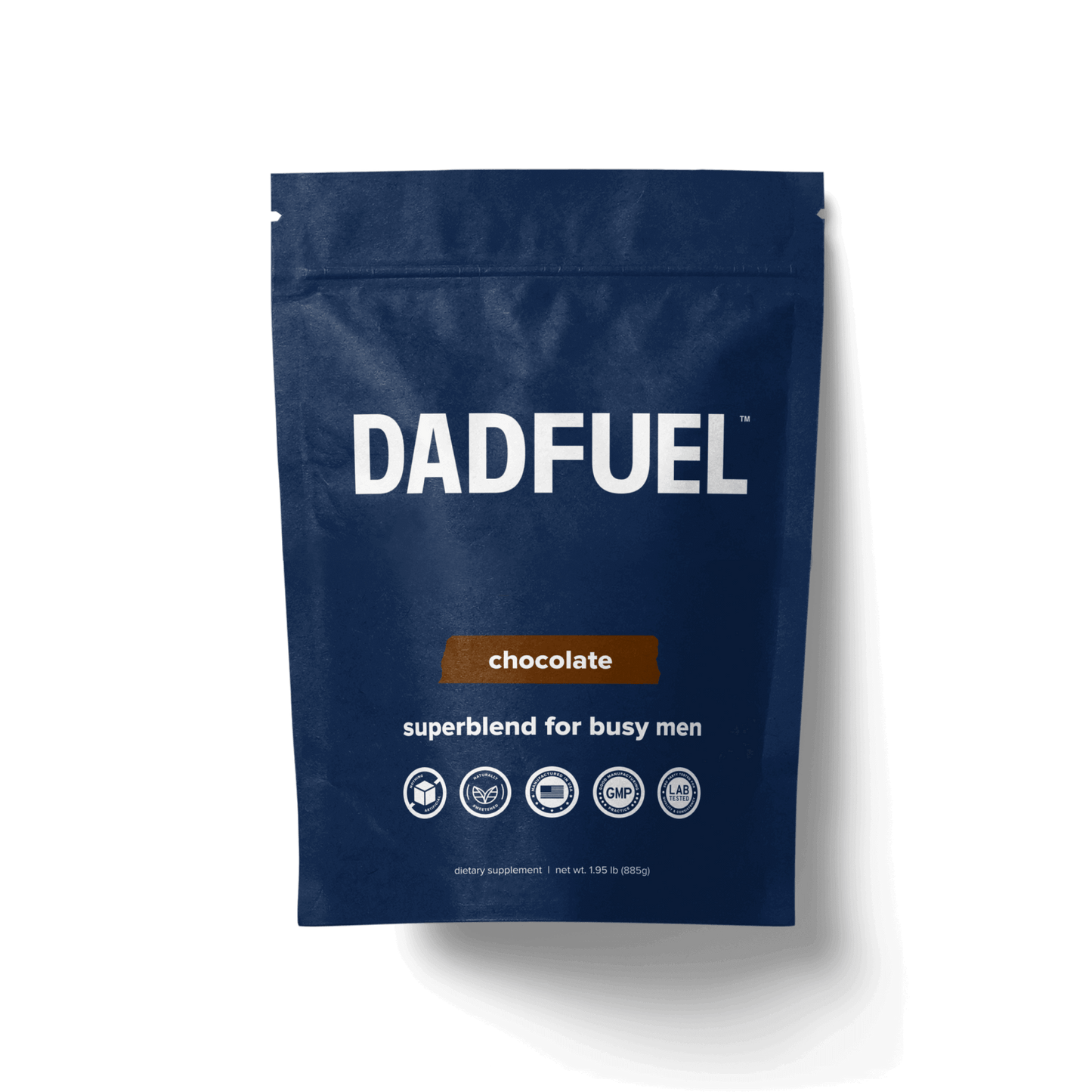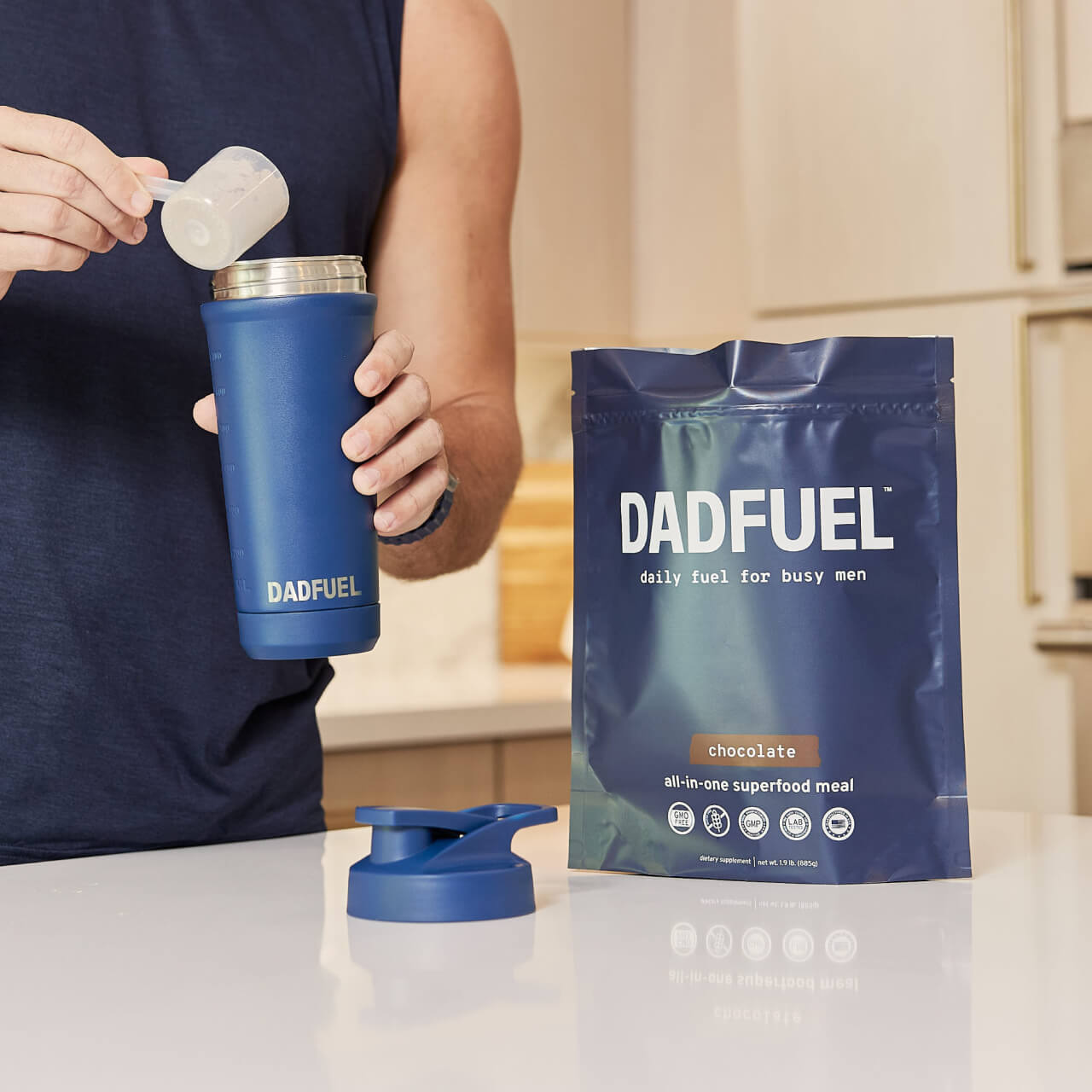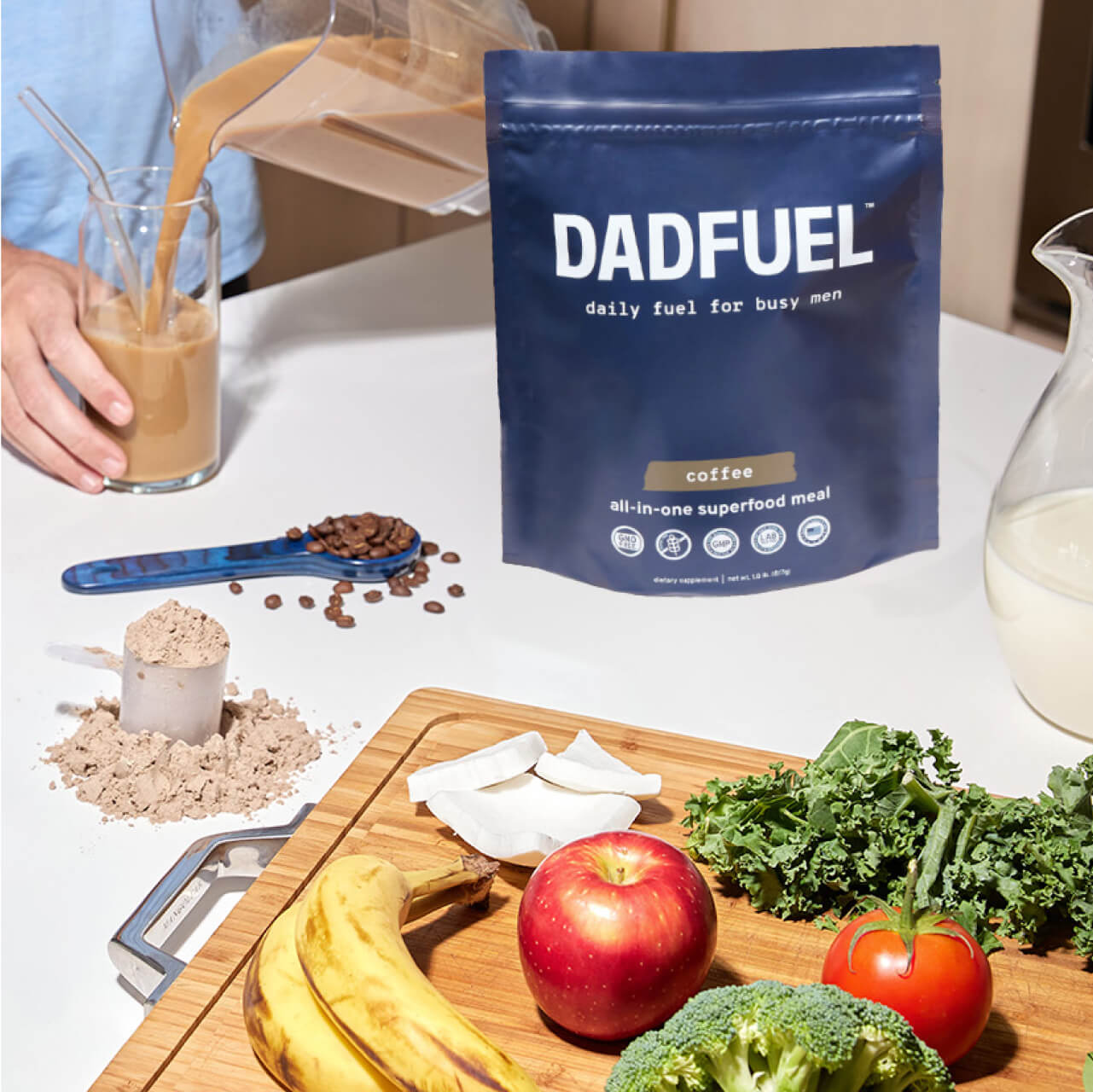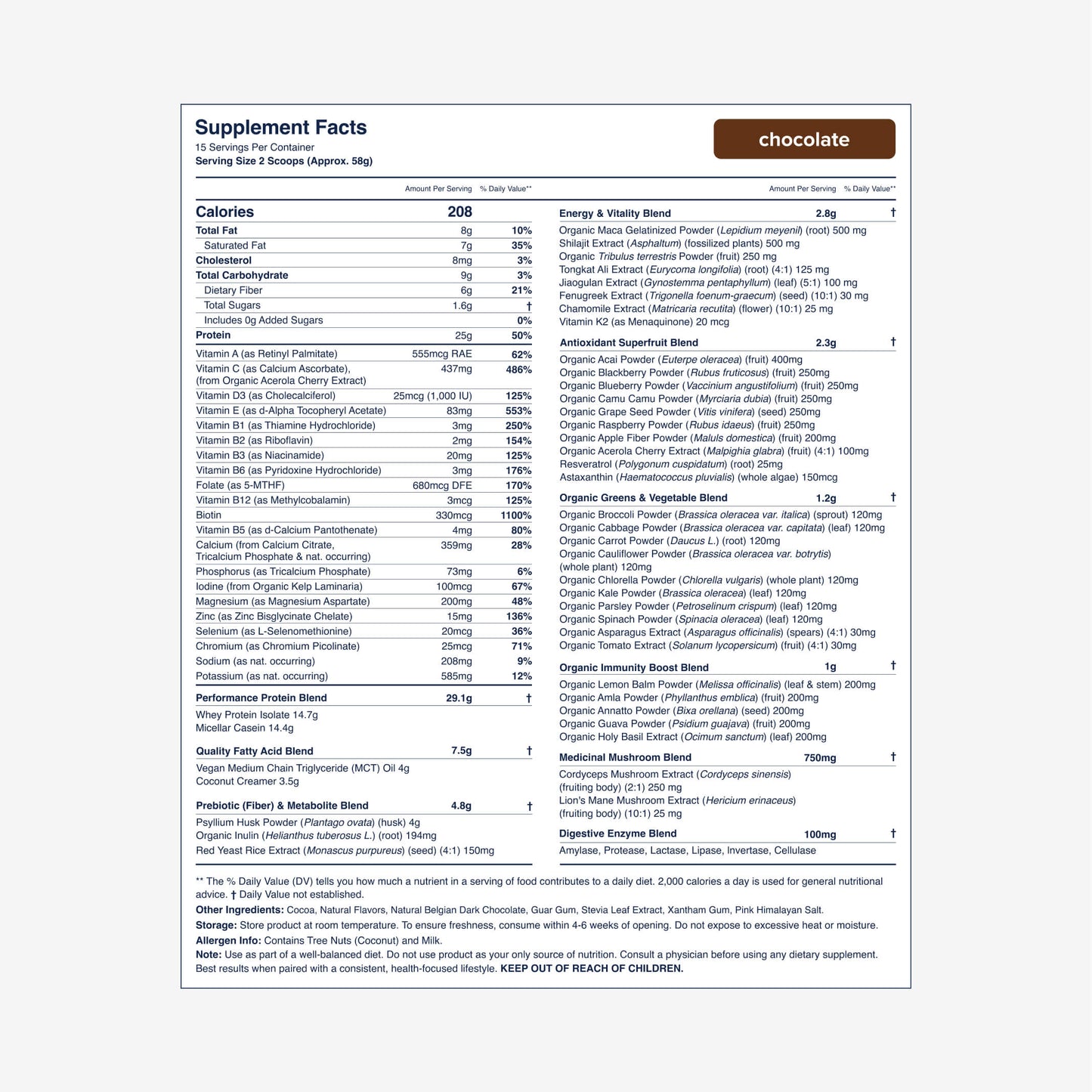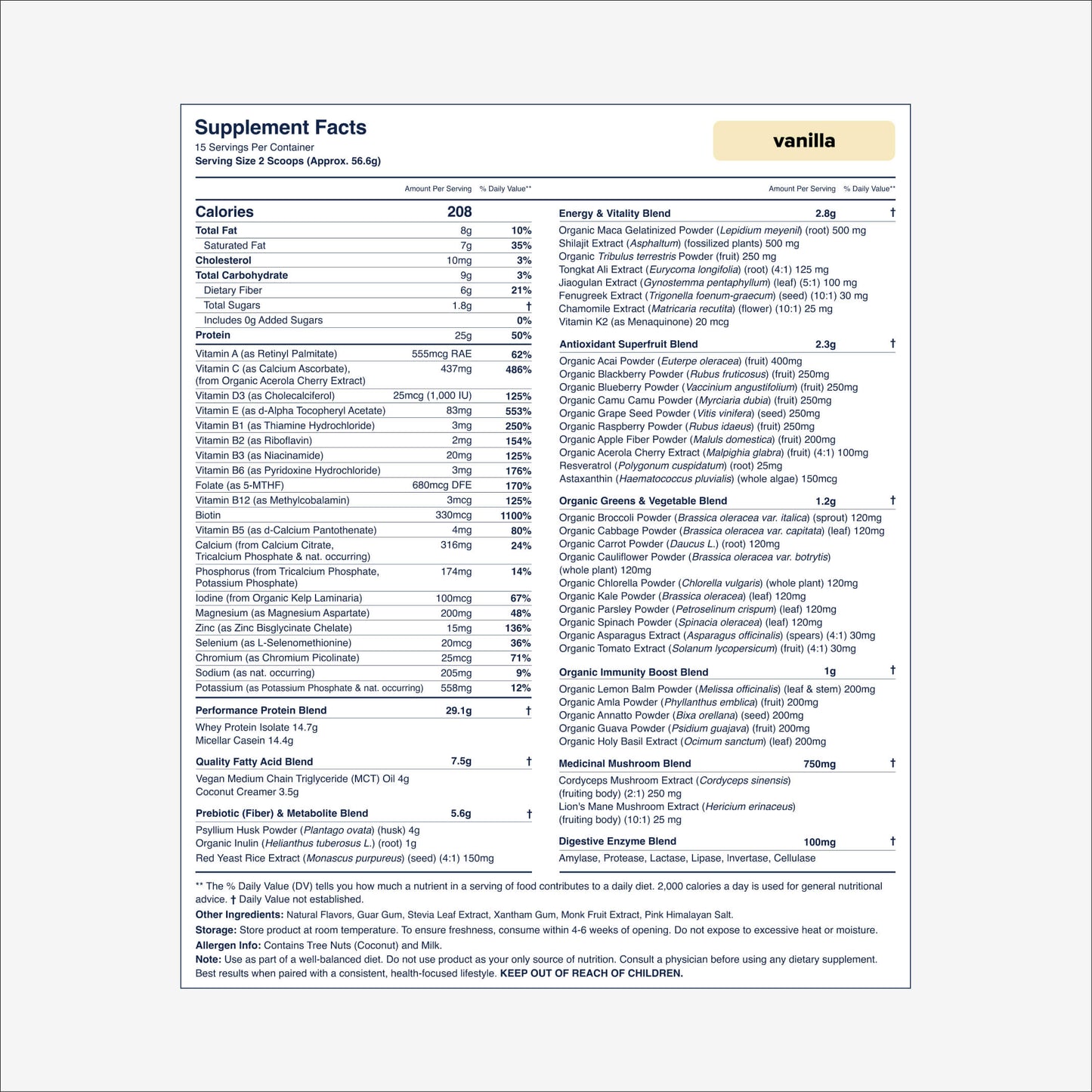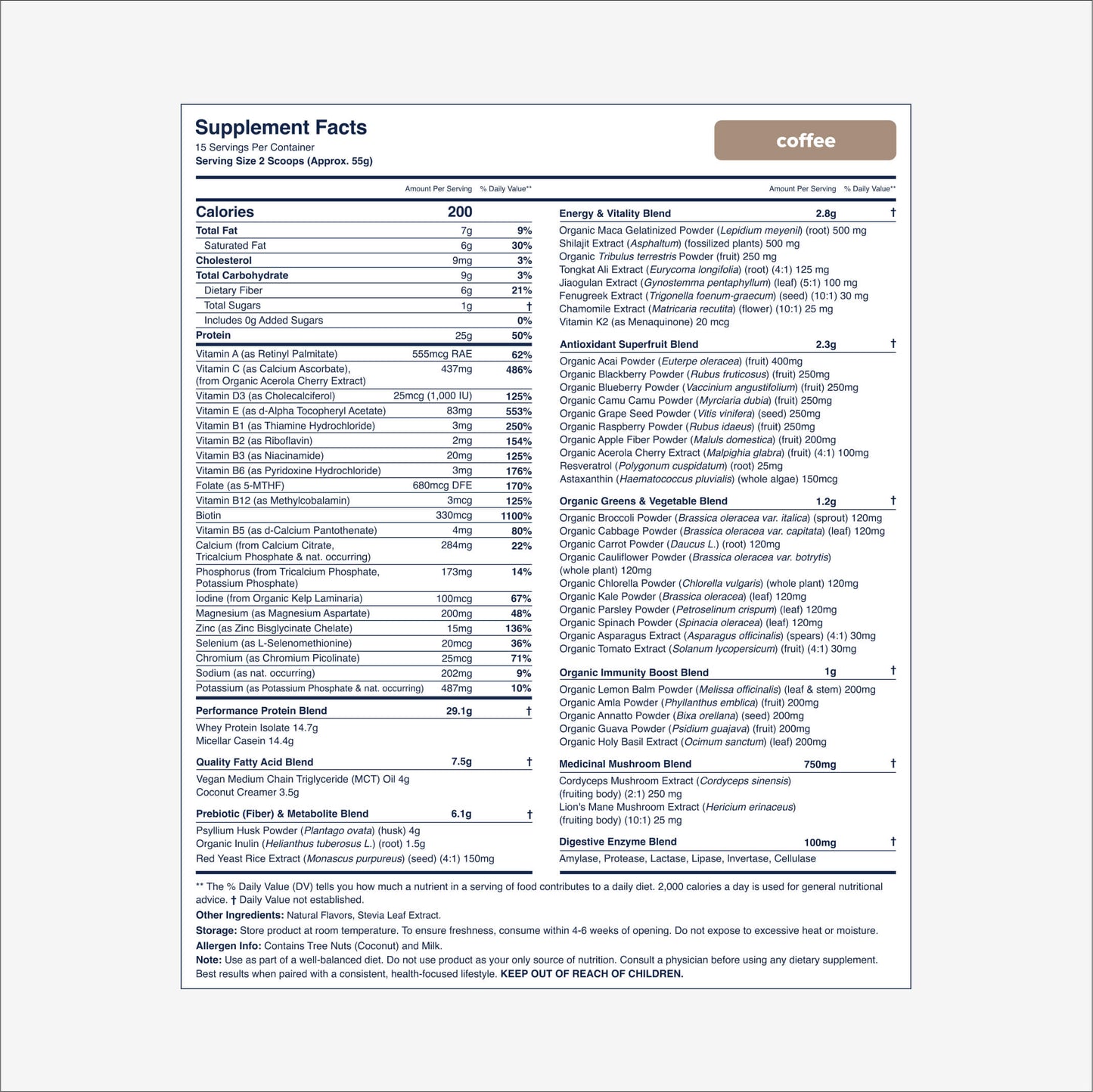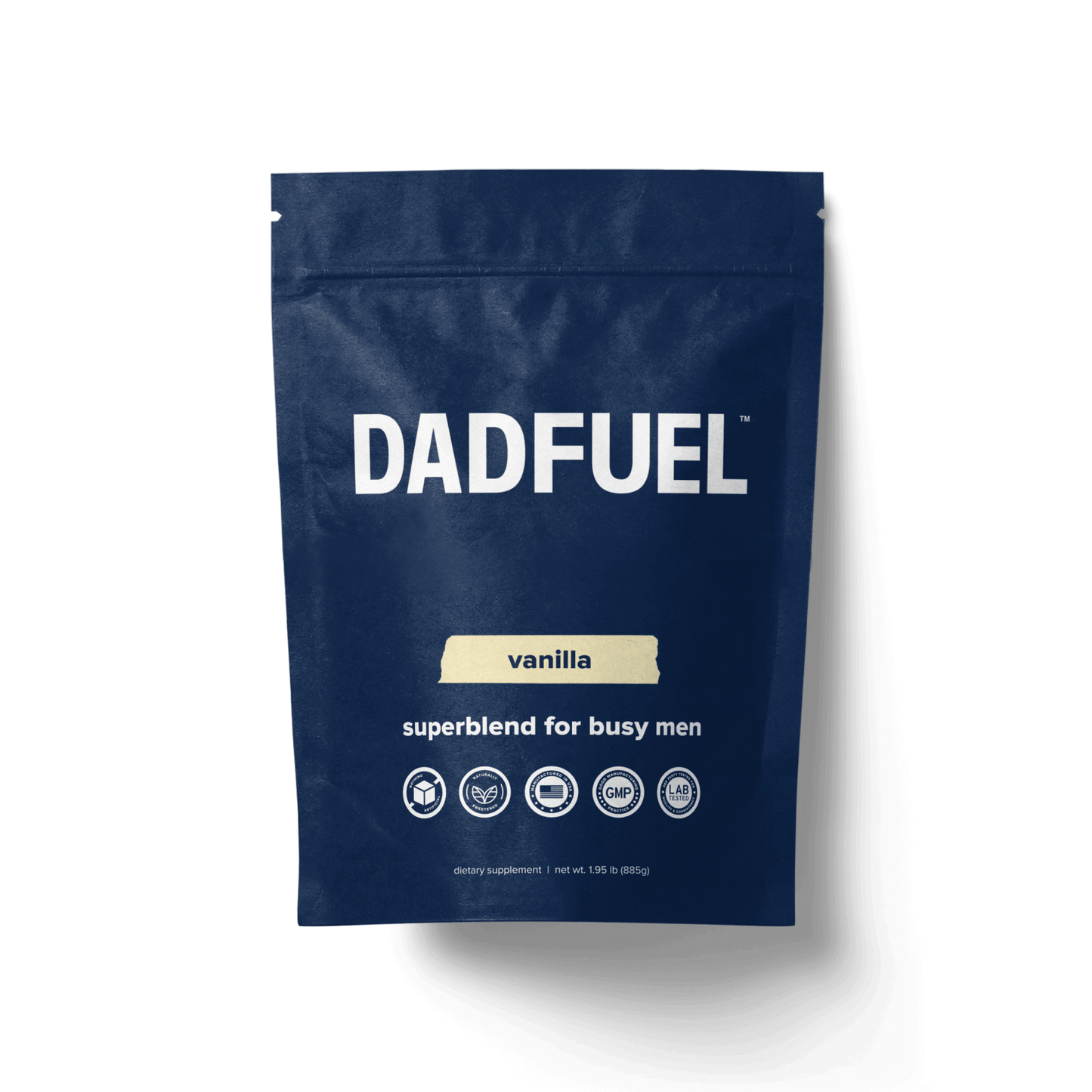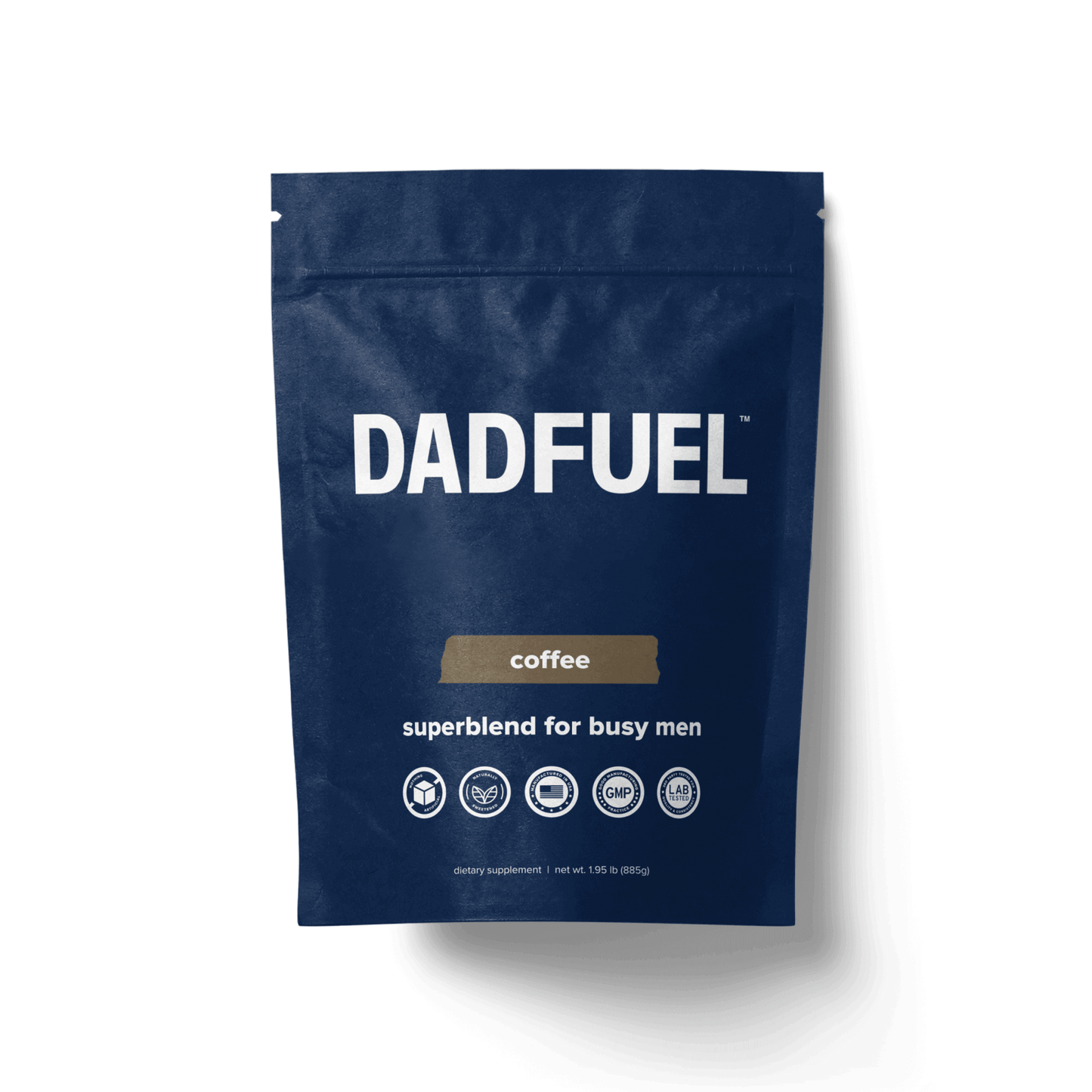When it comes to building muscle, protein is the cornerstone, and the efficient intake of high-quality protein is crucial. Most meal replacement drinks are formulated with a premium blend of proteins that help stimulate muscle protein synthesis - the key process behind muscle growth and repair. This is particularly beneficial after workouts when your muscles are primed to absorb nutrients and repair the micro-tears caused by exercising.
Moreover, these drinks can be packed with essential vitamins and minerals that support muscle function and overall physical health. Magnesium and calcium, for example, play significant roles in muscle contraction and relaxation. Meanwhile, antioxidants in our meal replacements help combat oxidative stress associated with strenuous physical activities, promoting faster recovery and better performance.
This convenient solution ensures you never miss a beat, whether you're rushing between meetings or picking up kids from soccer practice. By maintaining a regular intake of these muscle-supporting nutrients, you're better equipped to manage your fitness and family commitments, embodying the true spirit of a present, energized, and engaged dad.
The Role Of Meal Replacement Drinks In A Balanced Diet
Each meal replacement drink is a powerhouse of essential nutrients, designed to provide a perfect blend of proteins, carbohydrates, fats, and vitamins. These nutrients support not just physical health but also mental clarity and endurance. Integrating meal replacement drinks into your diet helps maintain your energy levels and prevents midday slumps that could come from missed meals or less nutritious choices.
Furthermore, these drinks ensure that leading by example doesn't have to be a monumental task. Showing your family the importance of health and nutrition is easy when your solution is as effective as it is simple. Adopting meal replacement drinks as part of a balanced diet helps you teach by doing, showing your kids the importance of caring for one’s body, even when time is a rare commodity.
Remember, balance is key. Meal replacement drinks are a fantastic tool in your nutritional arsenal, but they are best used in conjunction with whole foods that offer a variety of other health benefits. Just like in life, diversity in your diet keeps things fresh, engaging, and on track toward a healthier lifestyle in the long run.
How To Choose The Right Meal Replacement Drink
Choosing the right meal replacement drink can feel like navigating a maze without a map, especially with the many options available today. Here are some essential tips to guide you:
1. Check The Nutritional Content
The ideal meal replacement drink should contain a balanced mix of proteins, carbohydrates, and fats, along with essential vitamins and minerals, to fuel your body throughout the day. Look for drinks that provide a good nutritional balance and can sustain your energy levels and nutrient intake without the highs and lows that come from less balanced options.
2. Understand Your Dietary Needs
Are you trying to lose weight, build muscle, or simply maintain your current weight? Your goal should influence your choice. For weight loss, you might want a lower-calorie option, whereas for muscle building, look for higher protein content.
3. Consider The Ingredients
Opt for meal replacement drinks with natural, whole-food ingredients. Avoid products with excessive sugars, artificial flavors, and preservatives. Remember, the shorter the ingredient list, the better. Ingredients you can recognize and pronounce are always a good sign.
4. Taste Matters
Let’s face it: no matter how nutritious a drink is, you won’t enjoy consuming it regularly if it doesn't taste good. Look for a flavor that appeals to you, and consider brands that offer a variety of flavors to keep your taste buds happy.
5. Value For Money
Consider the cost per serving. A more expensive product isn’t necessarily better. Determine what you’re willing to spend for quality nutrition but be wary of compromising quality for cost. Sometimes, investing a bit more upfront can lead to better health outcomes and more satisfaction in the long run.
Read also:
Sources:
- National Institutes of Health, Office of Dietary Supplements. (n.d.). Dietary Supplements for Exercise and Athletic Performance - Health Professional Fact Sheet. Retrieved from https://ods.od.nih.gov/factsheets/ExerciseAndAthleticPerformance-HealthProfessional/
- U.S. Department of Agriculture. (n.d.). USDA MyPlate Kitchen. Retrieved from https://www.myplate.gov
- U.S. Department of Veterans Affairs. (n.d.). Nutrition and Food Services. Retrieved from https://www.nutrition.va.gov




 60 Day Better Dad Guarantee
60 Day Better Dad Guarantee
 Fast, Secure Checkout
Fast, Secure Checkout
 Typically Arrives in 2-3 Days
Typically Arrives in 2-3 Days
